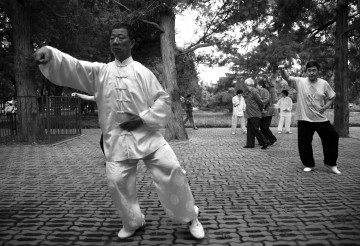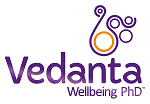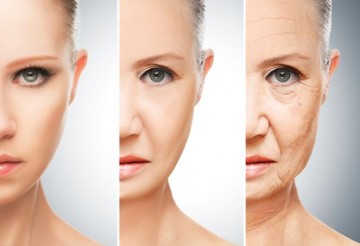Exercise has many beneficial effects on health.
Benefits on Mental Health
Not only does exercise decrease stress and prevent depression and improve/maintain a good mood and mental function by affecting hormones involved in mood like serotonin and endorphin. It also improves the quality of sleep by affecting melatonin production.
Benefits on Physical Health
Exercise boosts the immune system, reduces tendency for blood clotting. Further effects include reduction of blood pressure, prevention of atherosclerosis and cardiovascular diseases. Very interestingly exercise can prevent serious diseases like diabetes and cancers, particularly breast and colon cancer. Importantly, it slows down bone loss and ageing and improves sex life. 15 minutes of exercise on a daily basis already slows down ageing.
Recommended exercises
Harvard Medical School advices the following exercises:
Swimming – The buoyancy of the water supports your body and takes the strain off painful joints so you can move them more fluidly. Swimming is good for individuals with arthritis, because it’s less weight bearing. It can improve your mental state and put you in a better mood.
Tai Chi – a Chinese martial art that incorporates movement and relaxation and is good for both body and mind. They also call it “meditation in motion.” Tai Chi is made up of a series of graceful movements, one transitioning smoothly into the next. Because the classes are offered at various levels, Tai Chi is accessible, and valuable, for people of all ages and fitness levels. For the elderly it is superb, since balance is an important component of fitness, which we lose as we get older.
Strength training – This will help maintain your muscle strength.
Walking – Simple yet powerful. It will help improve cholesterol levels, strengthen bones, keep blood pressure in check, lift your mood and lower your risk for a number of diseases (diabetes and heart disease for example). A number of studies have shown that walking and other physical activities can improve memory and resist age-related memory loss.
Kegel exercises – These exercise strengthen the pelvic floor muscles that support the bladder. Strong pelvic floor muscles can go a long way toward preventing incontinence. While many women are familiar with Kegels, these exercises can benefit men too.
dr. Vinod Sommandas, Wellbeing Tutor from Vedanta Wellbeing PhD advices:
Yoga – Scientific evidence has shown that the yoga body postures (asanas) increase mental and physical health, yogic breathing exercises (pranayamas) decrease stress and improve numerous cognitive functions. Meditation has many physical, mental and spiritual benefits and helps to get a clear focussed mind.
Take your own course of action is the slogan of Vedanta Wellbeing PhD.
Try to implement a daily exercise of 30 minutes into your daily schedule. Start exercising and keep yourself healthy!









